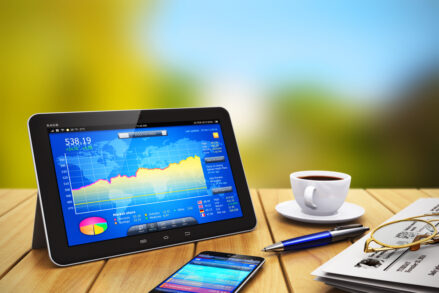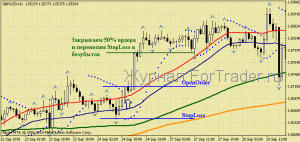Gross domestic product (GDP) is the final monetary value of all the goods and services produced within the geographic location such as a country during a specified period of time, could be a year or even a quarter. As a broad measure of overall domestic production of a country, it functions as a tentative scorecard of a given country’s current economic well-being.

How to Calculate GDP?
GDP can be measured by three methods:
Output method: It measures the market value of all goods and services produced within the borders of the country. It is known as GDP at constant price or real GDP.
The formula is: GDP as per output method= Real GDP – Taxes + subsidies
Expenditure method: It measures the total expenditure incurred by all entities on goods and services produced within the boundaries of a country. The above mentioned formula is used to calculate GDP by expenditure method.
GDP= C+I+G+(X-M)
Income method: It measures the total income earned by the factors of production, which are labour and capital within the boundaries of a country.
The formula for this is GDP by income method= GDP at factor cost +Taxes – Subsidies
Imagine the production of a loaf of bread. A farmer produces the wheat and sells it to a bakery. The bakery takes the wheat and produces a loaf of bread that it sells to a grocery store. The grocery store then sells it to the final consumer. The loaf of bread may sell for $3 to the final consumer (and be counted as $3 in GDP), but the $3 can also be broken down at each of the production process. The $3 equals the total of the amount of value that was added at each stage of production.
Importance of GDP
- GDP accurately predicts the size of an economy and the GDP growth rate is one of the best single indicators of economic growth, while GDP per capita is the most precise in relating money with the living standards over time.
- GDP allows central banks and policymakers to judge whether the economy is contracting or expanding, whether it needs an uplift or needs to be restrained, and if the possible threats such as a recession or rampant inflation are anywhere near to be found.
- The national income and product accounts (NIPA), which lay out rules in order to measure GDP, allow policymakers, economists, and businesses to analyze the impact of variables such as the monetary and fiscal policy, economic blunders, such as a spike in the oil price, and tax and spending budgets on specific sectors of an economy, as well as on the overall economy itself.
- Along with better-introspective policies and institutions, national accounts have had a major contribution in significantly reducing the harsh business cycles since the end of World War II.
How does the GDP affect investors?
Investors look at GDP growth to see if the economy is changing rapidly so they can adjust their asset allocation. A bad economy usually means lower profits for companies, which in turn means lower stock prices for some firms.
The GDP can help determine whether someone might invest in a mutual fund or stock because the health care industry is growing, versus a fund or stock that focuses on technology, which the GDP might say is slowing down.
Investors can also compare country GDP growth rates to decide where the best opportunities are for foreign investment. Most investors like to purchase shares of companies that are in rapidly growing countries.









